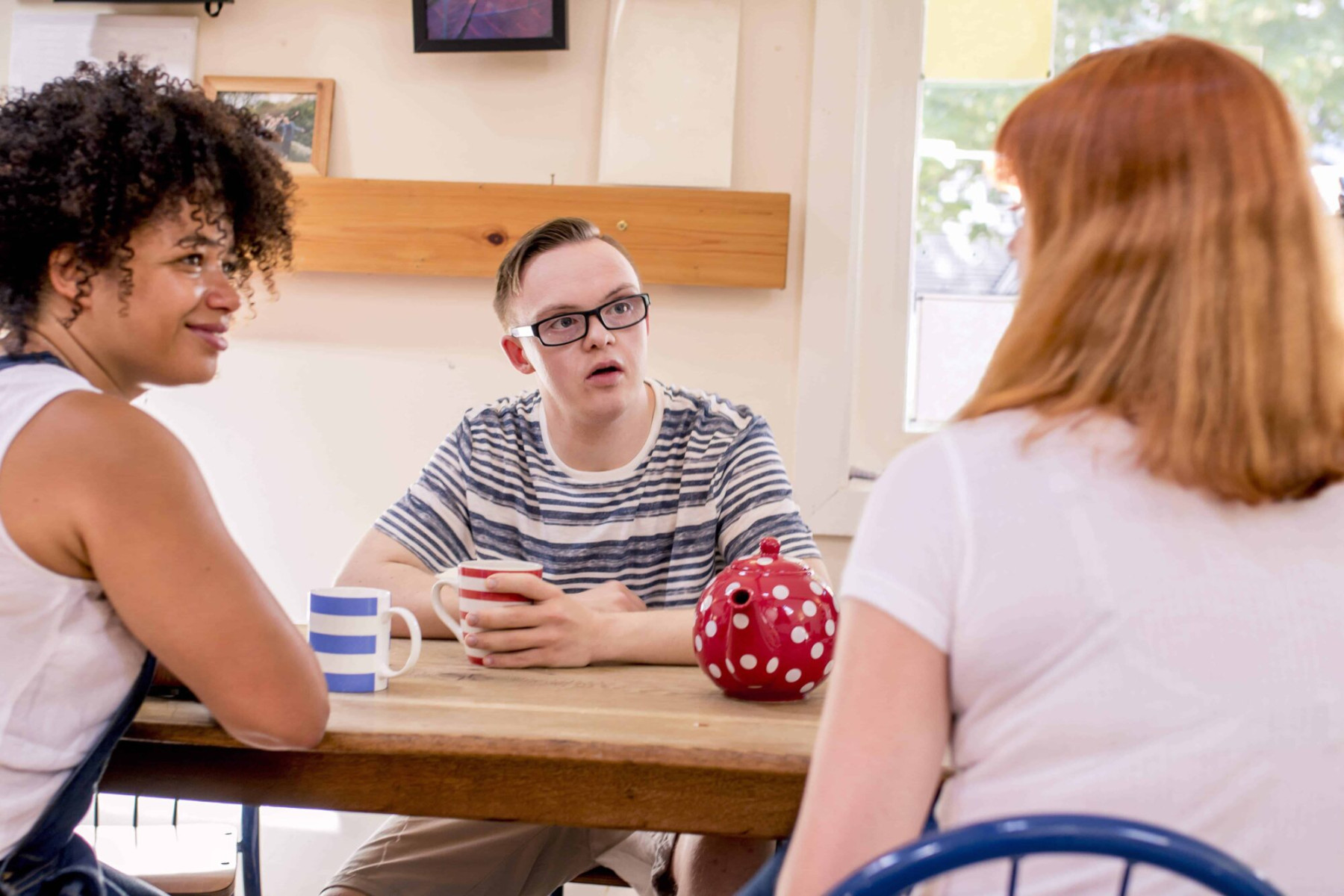What is Supported Decision-Making?
2 June, 2021
Decision-making fosters a sense of purpose, inclusion, satisfaction and pride. So how can loved ones support the decision-making of a person living with an intellectual disability?

What is supported decision-making?
Simply put, supported decision-making entails the process that enables a person with a disability to make or communicate decisions with respect to personal or legal matters. It also refers to the legal rules that protect the rights of people with impaired decision-making abilities.
Supported decision making fosters self-determination, control, autonomy and independence for people living with a disability.
How to support decision-making
Here are some practical steps that family, friends and supporters can use to to assist a person in decision-making.
Step 1 – what decisions?
The first step is clearly understanding the person’s wishes and determining what decision needs to be made. Here, it helps to know the person well, and then collaborate with them to determine what they want to achieve. In other cases, it may be necessary to prompt the person about the decision, or explain to them why a particular decision is required.
Step 2 - preparing
There are a range of things you can do to prepare for your role in supporting a loved one’s decision-making. This includes identifying support networks, staying objective, and gathering information. Ensuring that you are adequately informed on the decisions being made will allow you to provide a stronger support system for a person living with a disability.
Step 3 - communicating
When it comes to communicating during supported decision-making, there are some tips that will give a loved one the best chance of participating. Make sure that your explanations are clear, concise, and avoid using any condescending terminology. Communicating the decisions that are being made and the reasoning behind them will allow the best chance for your loved one to actively participate in autonomous decision-making.
Step 4 – choosing
When providing information or options to a person with a disability, make sure that their happiness with a decision comes first. Always ensure that multiple options are provided, which are clearly explained and easy to understand. It's definitely a good idea to explore choices as fully as possible, especially if your loved one suggests other alternatives.
Step 5 – getting practical
Once a decision is made, it’s about putting the decision into practice. At this point, the process can involve starting a new behaviour, entering an agreement, or a support person taking on the ongoing responsibility for maintaining a decision. This step may also involve ongoing risk management in accordance with the decision being made.
Step 6 – follow-up
Supported decision making heavily involves both the support person, and the person with a disability, so follow-up actions are essential to ensuring that the process has run smoothly. Questions that can be asked throughout this process include:
Was this the right or most important decision to address?
How did the communication process go?
Has addressing this decision brought up other decisions?
Would I prepare differently next time?
Additional Resources
Focus Care understands the importance of supported decision-making. Linked below are a number of additional resources you can access to help with understanding supported decision making:
This website from The Department of Justice, which explains supported decision-making in more detail.
This PDF document from the NDIS, which explains the role of supported decision-making for a person living with a disability.
This image which describes supported decision-making in an easy-to-read format.
If you or a loved one is seeking disability support, please contact us today to get started.




